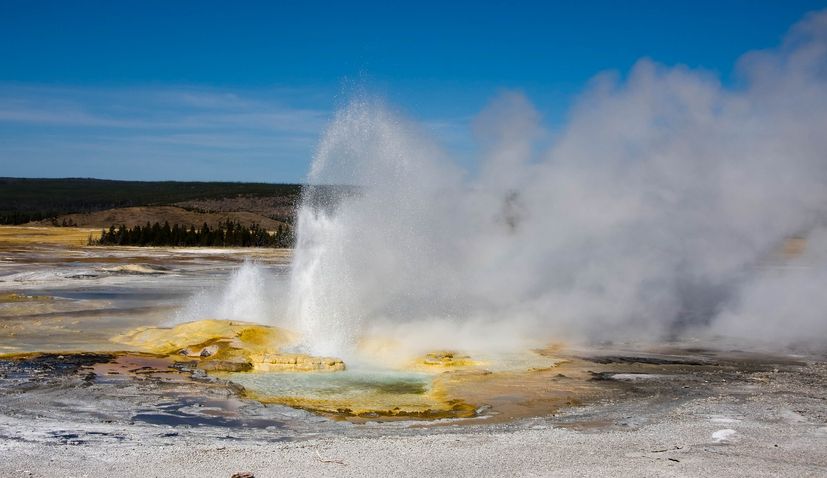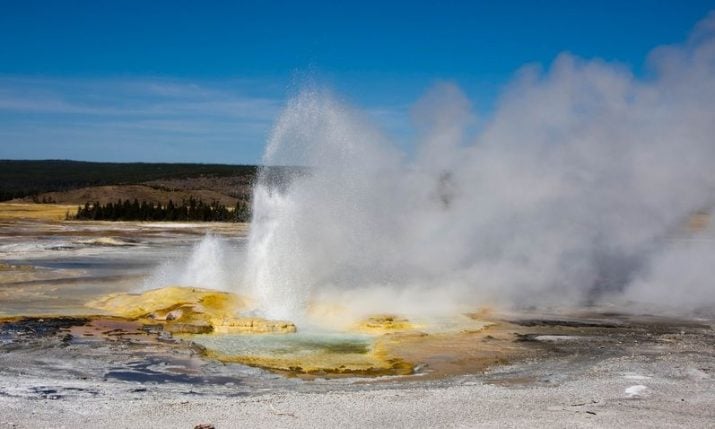by croatiaweek
October 14, 2025
in

(Illustration)
Croatia must take full advantage of its additional energy potential and strategic position, experts said on Tuesday at the International Energy Forum – Interenef, held under the theme “New Energy Order: Challenges and Opportunities.”
Marijan Krpan, President of the Management Board of the Croatian Hydrocarbon Agency, said Croatia holds significant untapped potential within the global energy landscape and that the Agency is actively working to harness it, Poslovni dnevnik reported.
He noted that exploration activities have been reactivated in the Pannonian Basin, with INA, alongside one American and one Canadian company, currently involved.
Last year alone, ten exploratory wells were drilled — all showing promising results.
“We can say that there are certain new discoveries which will likely contribute to an increase in domestic production, strengthening Croatia’s hydrocarbon stability,” Krpan said.
Focus on Geothermal Energy
Krpan emphasised that geothermal energy offers one of the key solutions for reducing dependence on imported energy sources.
Through the National Recovery and Resilience Plan, the Hydrocarbon Agency is implementing the “Geothermal Energy in District Heating” project.
The aim is to connect cities with existing heating infrastructure to geothermal sources.
Two wells have already been drilled, in Velika Gorica and Osijek, and both have confirmed substantial potential.
“The next step depends on further investment and technology to link these sources to local heating networks,” Krpan explained.
Additional drilling near Vinkovci is underway, with positive results expected, and the project is set to conclude in Zaprešić.
Conference organiser and President of the Institute for European and Globalisation Studies, Anđelko Milardović, said Croatia must strive to become a “smart state”, self-sufficient and resilient in the era of deglobalisation.
He stressed that while Croatia should cooperate internationally, it must also make the most of its advantageous geopolitical position. “It’s simply a matter of decision – to move in that direction or to give up,” Milardović noted.
President of the Atlantic Council of Croatia, Mladen Nakić, highlighted the connection between energy and security, both individual and global.
Asked whether Croatia is too small to influence energy flows, Nakić dismissed the notion.
“There are smaller countries that do not dance to others’ tunes. If Croatia knows what it wants and has a strategy — and the resources — there’s no reason why we shouldn’t make the most of our advantages,” he said.
